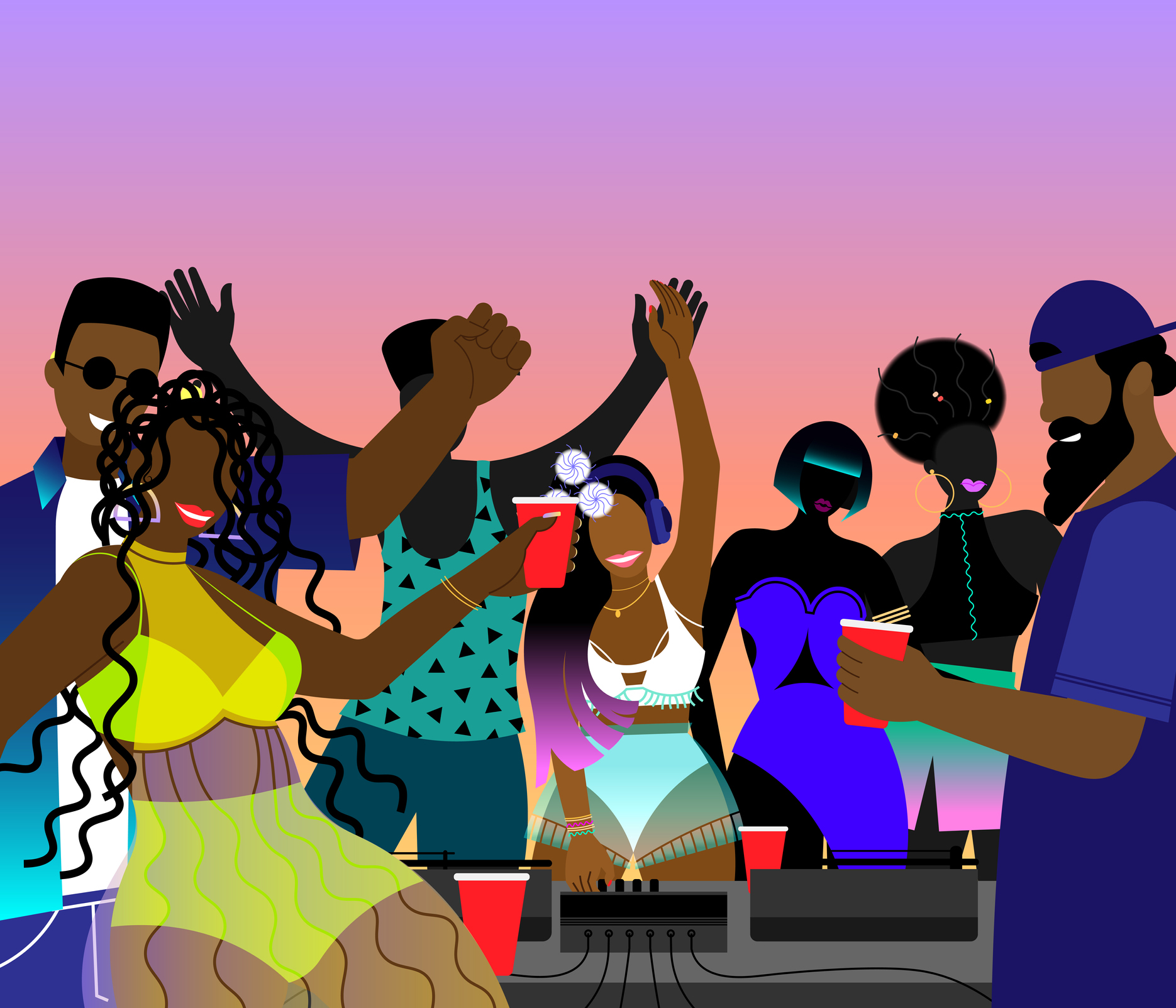Foundational Black Americans: Who Are They?
Foundational Black Americans: Who Are They And What Do They Stand For?

Source: Sanja Djordjevic / Getty
Over the last year, you may have seen the phrase Foundational Black American (FBA) tossed around the internet thanks to the “World’s #1 Race Baiter,” Tariq Nasheed. In January, during a Twitter Spaces discussion, the controversial media personality sent the buzzword trending when he argued that Black Americans were the originators of the United States. Since then, the polarizing author and documentarian’s belief has attracted millions of supporters from the Black community, many of whom claim they too identify as a Foundational Black American. But what does the term mean exactly?
The History of the Foundational Black American
According to the Official FBA website, Foundational Black Americans are descendants of Black slaves who built the United States from scratch. Followers of the ideology, however, believe that the origins and history of Foundational Black Americans did not begin at the start of slavery in the early 1600s. They strongly believe that FBA’s settled in North America in 1526, when they were allegedly brought over from the Caribbean by a “colonizer” named Lucas Vázquez de Ayllón.
Ayllón and 600 of his men settled on what would later become the South Carolina and Georgia Coast, but they weren’t there for long. The enslaved Black captives organized a successful rebellion against the Spanish colonizers, ultimately forcing them to retreat.
FBA historians believe that the liberated Black people integrated with local Native American tribes in the region and formed their own community and culture as a result.
The FBA Flag
Pride and honor amongst the FBA community are commemorated through the National Maroon Flag. After escaping bondage, thousands of Foundational Black Americans allegedly fled to areas around the Southern United States and created “maroon communities.”
The FBA flag features five stars which were designed to represent the five primary locations where maroon societies were established during the slave era: Virginia, Florida, Mississippi, Louisiana, and North and South Carolina.
The flag also features an ax and a torch, which were common weapons used by FBA members during their freedom revolts.
The ideology of FBA’s
Many Black Americans who identify as FBA strongly believe that their ancestors went through pain and suffering to create the New World into the booming global power it is today. They feel the FBA community should be recognized for their courageousness, as they ultimately fought to create freedom for generations during slavery.
On social media, proud FBA ideologists often debate that American lawmakers should pay some form of restitution or even reparations for the “400 years of unpaid slave labour” they endured.
FBA’s don’t believe in the concept of pan-Africanism. They believe they are a unique ethnic group with complex cultural and societal ideologies different from Africans and other Black immigrants. Community members often call those who do not identify with the culture “non-FBAs.”
Some FBA-identifying individuals believe that Africans and other Black immigrant communities do not respect them and their lived experiences throughout history.
During an interview on The Movement with Kmt and Kofi in 2021, Tariq Nasheed and Dr. Afiya Mbilishaka shed light on their views regarding the difference between Afrocentricity and Foundational Black American heritage. Watch the full video below to learn more about the growing debate.
SEE ALSO:
The Aboriginal Australians: The First Inhabitants Of Australia Were Black People
















